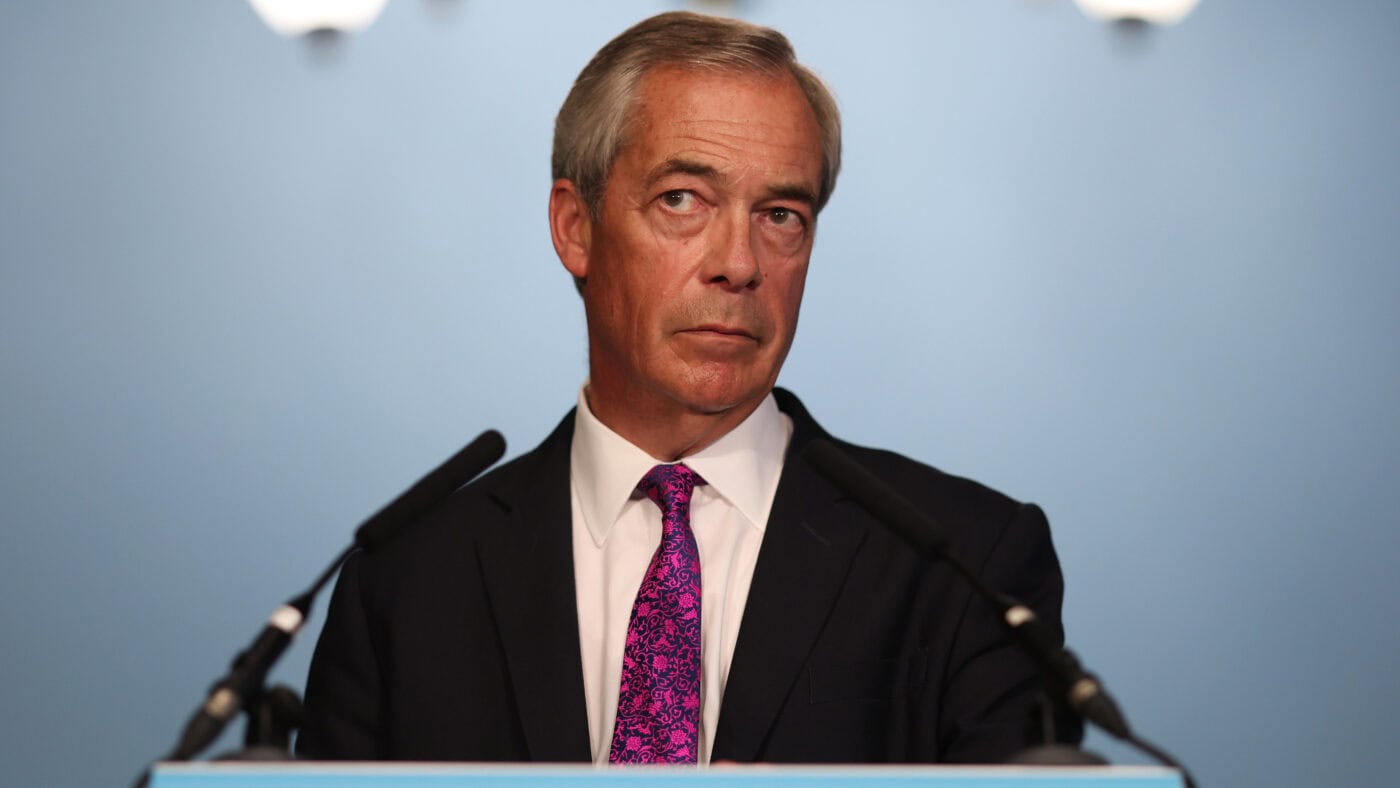Nigel Farage has handed the Tories a way to return to political relevance. His recent spending proposals are a textbook example of fantasy economics – offering huge, unfunded tax breaks that would rack up billions on the nation’s credit card. If Kemi Badenoch and her team are serious about bringing the Conservatives back from electoral oblivion, they must call this out for what it is – and offer a serious alternative.
Simply put, Reform’s numbers don’t add up. Their flagship policy – to raise the income tax allowance to £20,000 – is estimated to cost between £50 and £80 billion annually. That’s before you include the abolition of inheritance tax on homes valued under £2 million or the expanded transferable tax allowances for married couples – while the latter policy may have its merits, it is estimated that the two measures combined would cost another £15bn.
And Farage’s fiscal fantasy doesn’t stop there. His platform takes an oddly left-of-centre turn with new spending commitments, from reinstating winter fuel payments for pensioners to removing the two-child benefit cap. These policies may be popular, but the long-standing commitment to offering economic bribes to pensioners has come at the cost of our public finances. Without serious funding, they are no more than yet another raid on the public purse.
As is often the case with populist parties, much of Reform’s economic strategy is built on soundbites, not sustainability. Farage insists that cuts to Net Zero programmes and asylum housing will somehow pay for all of this. But the numbers Farage is relying on are outdated. With regards to Net Zero, for instance, the Institute for Government revealed that most of the funding comes from the private sector, not the Treasury.
Time and again, Reform fail to offer credible solutions to Britain’s economic woes. If Badenoch wants to rescue the Tory brand, she must challenge both Labour’s tax-and-spend complacency and Reform’s fiscal schizophrenia.
That’s not to say she should dismiss the public appetite for lower taxes. On the contrary – she should embrace it. But this should be done with discipline. Where Farage offers an economic fairy tale, Badenoch must offer a plan grounded in reality.
That means positioning herself as a safe pair of hands. The lesson of Liz Truss is seared into the public consciousness: move too fast, and the markets will get scared. Badenoch must take the long and stable road. She should lay out a phased, fully costed plan that reflects this. That means gradual tax cuts, deregulation and targeted investment in sectors that will boost the economy.
Even modest steps – such as reversing the increase in Employer National Insurance – would send a powerful message. Critics may call it unfunded, but if paired with other pro-business policies, the resulting boost in business activity would offset the cost and kickstart confidence in the economy once again.
What’s clear is that the problem is not tax cuts, it’s economic mismanagement and recklessness. Badenoch now has a chance to frame herself as the adult in the room: the antidote to Labour’s stagnation and Reform’s fantasy. She can speak to voters’ real frustrations, while also showing the fiscal restraint that markets and the country demand.
The Tories have long claimed to be the party of sound economic management. If Badenoch wants to revive that image then this is the moment to prove it.
Click here to subscribe to our daily briefing – the best pieces from CapX and across the web.
CapX depends on the generosity of its readers. If you value what we do, please consider making a donation.


